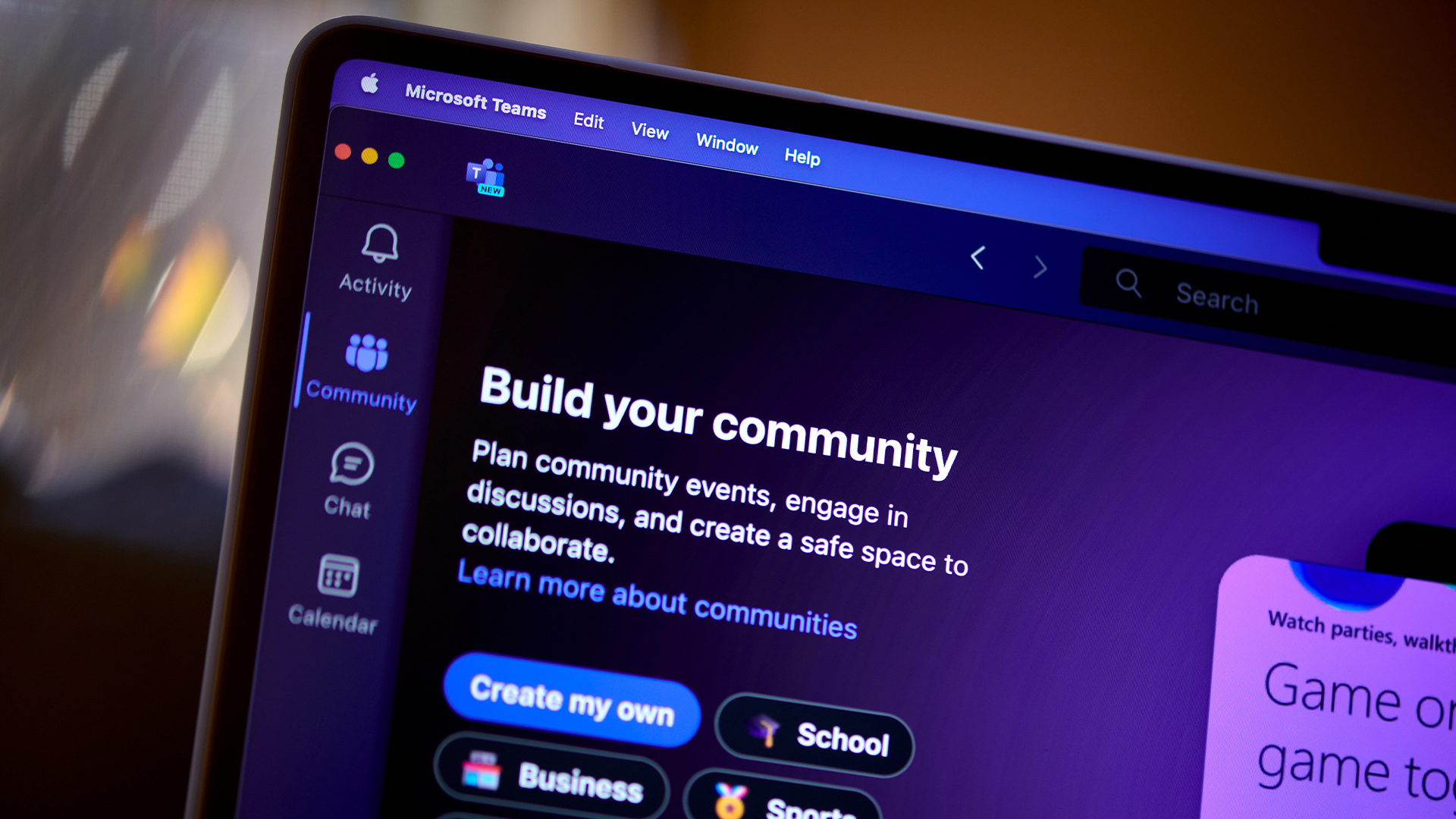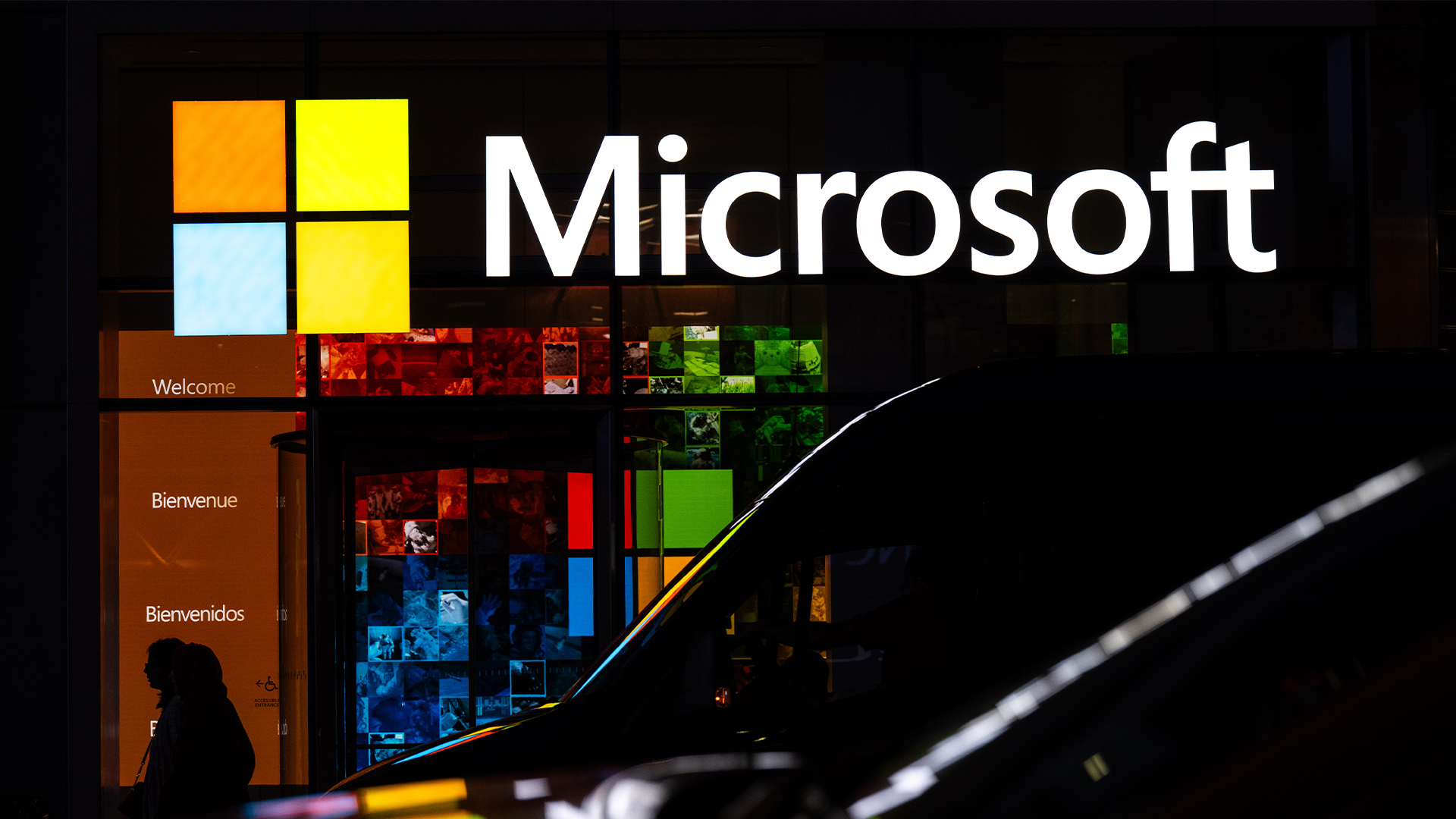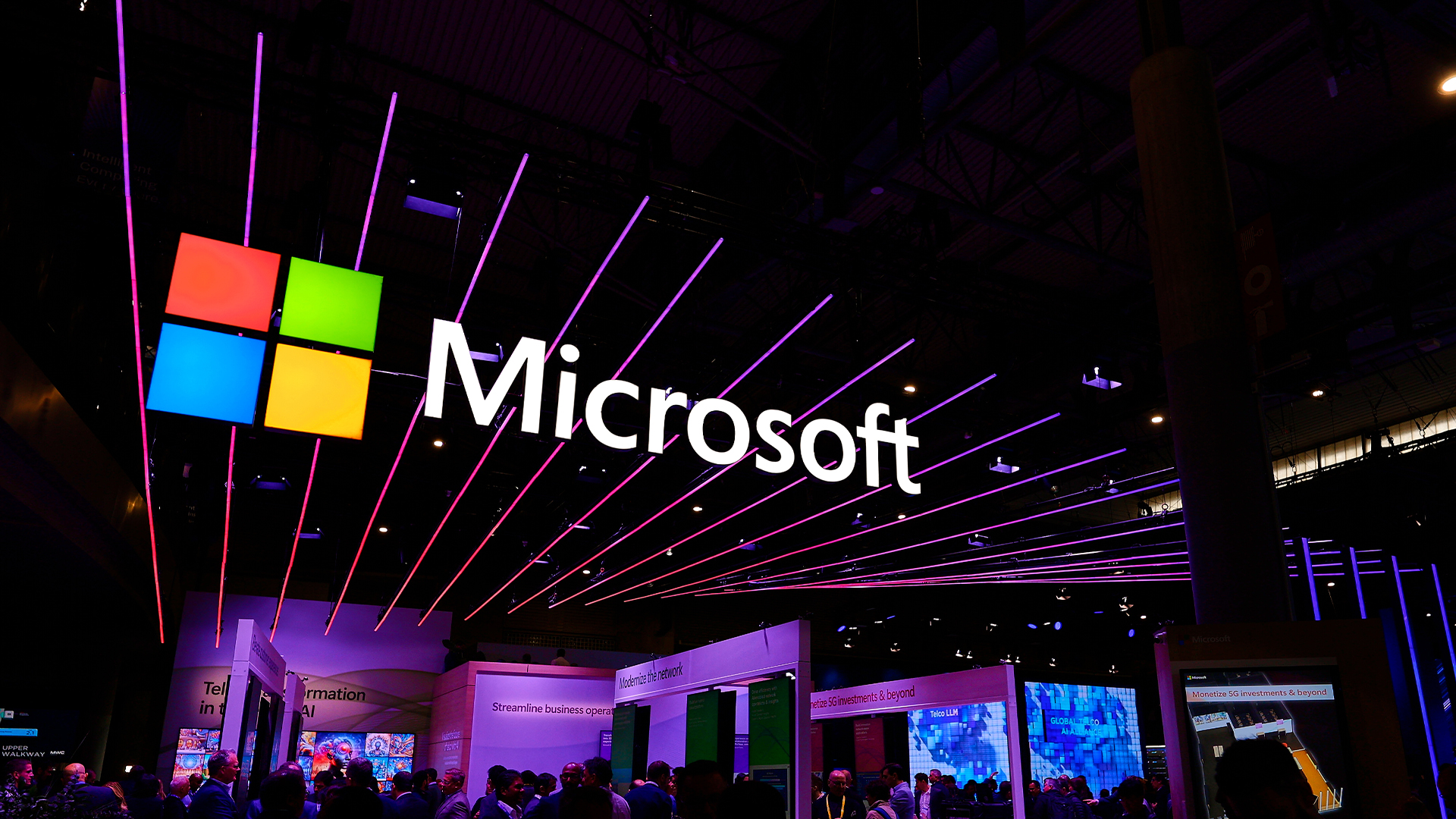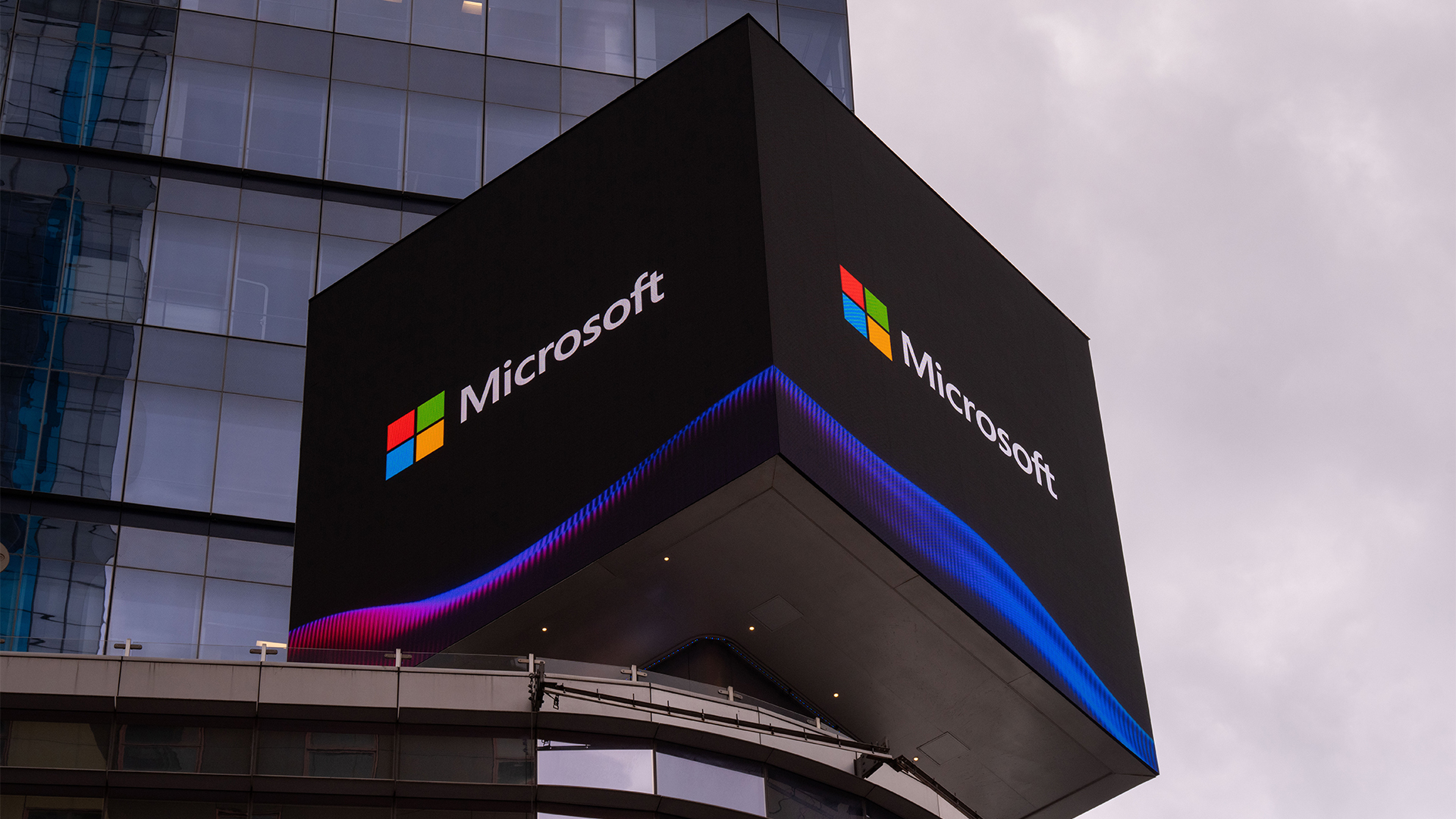Hackers have been posing as IT support on Microsoft Teams
The social engineering campaign combines a traditional email spam campaign with Microsoft Teams-based manipulation


Security researchers have warned about an ongoing threat campaign where hackers are posing as IT support technicians to trick unsuspecting users.
A new report from Reliaquest detailed how after responding to a security alert it discovered a “campaign of escalated social engineering tactics originally associated with the ransomware group ‘Black Basta’.”
The report outlined a shift in tactics in late October 2024 from mass spam email events to using Microsoft Teams messages. Reliaquest noted the scale of the initial email campaign, stating that in one incident alone it observed approximately 1,000 emails sent within the space of just 50 minutes targeting a single user.
Due to patterns in the domain creation and Cobalt Strike configurations used in the attacks, the report attributed the campaign to Black Basta with high confidence.
Following the mass email spam events, targets were then added to Microsoft Teams Chats with external users, who operated from Entra ID tenants created to mask themselves as IT support, admin, or help desk professionals.
Reliaquest found the threat actors generally originated from Russia, with the time data logged by Teams reflecting they were located in the Moscow time zone.
The attackers’ intent was to convince users to download the remote monitoring and management (RMM) tool, AnyDesk, which would give them initial access to the target environment with the ultimate aim of deploying ransomware.
Sign up today and you will receive a free copy of our Future Focus 2025 report - the leading guidance on AI, cybersecurity and other IT challenges as per 700+ senior executives
Similarly, the report noted it had identified several listings on the dark web advertising their email spam services, which were found available for anywhere from $10 – $500.
Black Basta observed rapidly evolving their TTPs
Reliaquest added that when analyzing recent incidents, it observed the threat actors adapting their TTPs, using Microsoft QuickAssist instead of AnyDesk to take control of the user’s machine.
Additionally, the group were observed using QR codes to phish the victims when they were communicating over Teams. The malicious domains linked to the QR codes were often generic but the report noted some were tailored to match the targeted organization, such as ‘companyname.qr–s1[.]com’.
Tracking these domains, researchers estimate that the threat actor started using or was planning on using the qishing technique since early October.
To mitigate against tactics involving Microsoft Teams and ‘qishing’, the report recommended organizations disable communication from external users within Teams.
In cases where communication with external users is required, businesses can whitelist specific trusted domains.
As previously noted, the attacker typically set their names to ‘help desk’, which is often surrounded by whitespace characters, which the report stated is likely to center the name within chats. This means when searching for these accounts organizations should search for ‘contains’ rather than a direct match to identify potentially malicious actors.
Organizations should also ensure that logging is enabled for their employees' Team chats, particularly the ChatCreated event, which can help and investigate potentially malicious activities.
Reliaquest added that while the campaign is still evolving, and Black Basta has demonstrated its ability to rapidly adapt their TTPs, the group’s post-exploitation activities remain largely similar, relying on the deployment of Cobalt Strike Beacons and Impacket abuse.
As such, existing security tools and detection rules should be able to pick up this activity. Reliaquest urged organizations to ensure employees remain vigilant against current social engineering tactics by focusing training and awareness programs that highlight the latest threats and techniques.

Solomon Klappholz is a former staff writer for ITPro and ChannelPro. He has experience writing about the technologies that facilitate industrial manufacturing, which led to him developing a particular interest in cybersecurity, IT regulation, industrial infrastructure applications, and machine learning.
-
 Can the ‘microshifting’ trend work in the tech sector?
Can the ‘microshifting’ trend work in the tech sector?In-depth Research shows that employees want to break up their working days into short, flexible blocks – here’s how tech leaders can implement what’s being coined as ‘microshifting’
-
 Brother DCP-L1640W review
Brother DCP-L1640W reviewReviews This compact mono laser multifunction looks perfect for home workers, but is its appeal more than skin-deep?
-
 The Microsoft bug bounty program just got a big update — and even applies to third-party code
The Microsoft bug bounty program just got a big update — and even applies to third-party codeNews Microsoft is expanding its bug bounty program to cover all of its products, even those that haven't previously been covered by a bounty before and even third-party code.
-
 Microsoft Teams is getting a new location tracking feature that lets bosses snoop on staff – research shows it could cause workforce pushback
Microsoft Teams is getting a new location tracking feature that lets bosses snoop on staff – research shows it could cause workforce pushbackNews A new location tracking feature in Microsoft Teams will make it easier to keep tabs on your colleague's activities – and for your boss to know exactly where you are.
-
 Microsoft opens up Entra Agent ID preview with new AI features
Microsoft opens up Entra Agent ID preview with new AI featuresNews Microsoft Entra Agent ID aims to help manage influx of AI agents using existing tools
-
 A notorious ransomware group is spreading fake Microsoft Teams ads to snare victims
A notorious ransomware group is spreading fake Microsoft Teams ads to snare victimsNews The Rhysida ransomware group is leveraging Trusted Signing from Microsoft to lend plausibility to its activities
-
 CISA just published crucial new guidance on keeping Microsoft Exchange servers secure
CISA just published crucial new guidance on keeping Microsoft Exchange servers secureNews With a spate of attacks against Microsoft Exchange in recent years, CISA and the NSA have published crucial new guidance for organizations to shore up defenses.
-
 CISA issues alert after botched Windows Server patch exposes critical flaw
CISA issues alert after botched Windows Server patch exposes critical flawNews A critical remote code execution flaw in Windows Server is being exploited in the wild, despite a previous 'fix'
-
 Microsoft issues warning over “opportunistic” cyber criminals targeting big business
Microsoft issues warning over “opportunistic” cyber criminals targeting big businessNews Microsoft has called on governments to do more to support organizations
-
 A terrifying Microsoft flaw could’ve allowed hackers to compromise ‘every Entra ID tenant in the world’
A terrifying Microsoft flaw could’ve allowed hackers to compromise ‘every Entra ID tenant in the world’News The Entra ID vulnerability could have allowed full access to virtually all Azure customer accounts